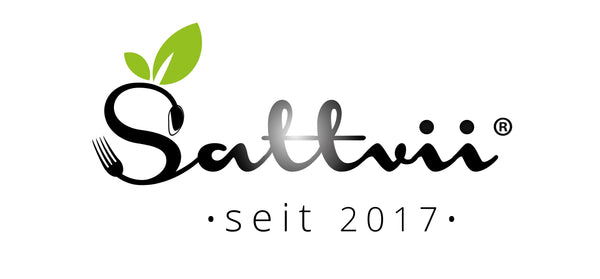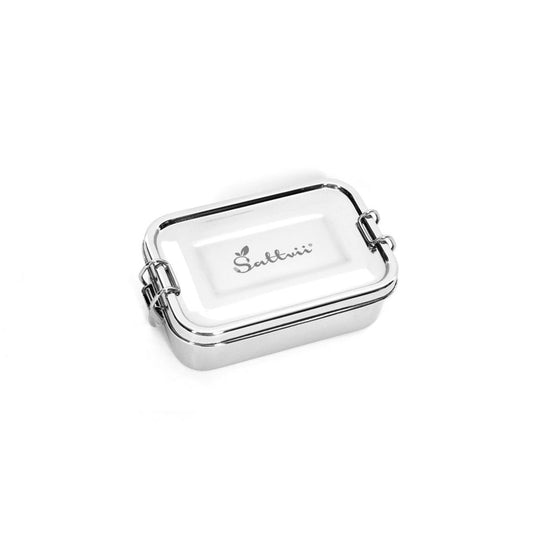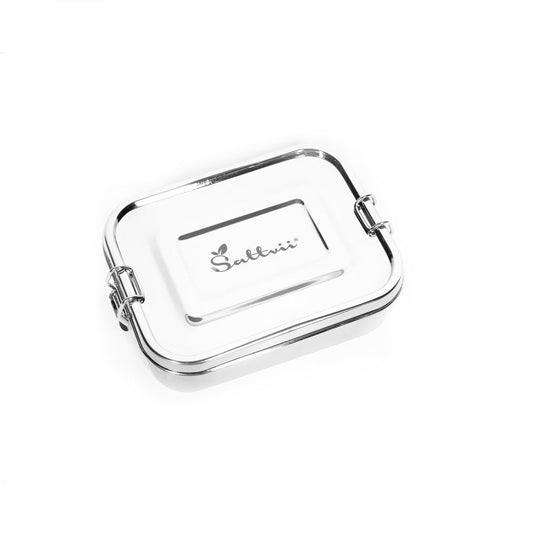Be it Lieferando, Foodora or Orderangel - in major German cities such as Hamburg, Munich or Berlin, food suppliers are teeming with them. Dressed in bright orange, blue or green uniforms, they serve their customers their favorite freshly cooked dishes from morning to night - from penne arrabiata to the double cheese burger with fries to the spicy Thai curry.

But this delivery boom is anything but a modern phenomenon. On the contrary: the trend was already apparent 125 years ago - at least in India. Because the true pioneers of delivery food are dabbawalas. The Indian suppliers brought their customers the food to their front door without any smartphone, tablet or Wi-Fi. But how exactly does the tried and tested delivery system work and what makes it better than the competition?
Also interesting:
Bento Box - the history of lunch boxes
Ayurveda - an Indian healing art and diet
Dabbawalla - mobile culinary delights for 125 years
The history of the Dabbawallas begins 125 years ago in Mumbai. A busy banker no longer wants to do without his wife's cooking skills in the office at lunchtime. Because no sandwich in the world can compete with the freshly cooked food. So he made a decision: he had lunch delivered to his desk by his wife every day. Now all that's missing is a supplier who picks up the food at home and transports it to the office - as quickly as possible. And that someone is the Dabbawalla. But what does that actually mean?
Dabba stands for box. Strictly speaking, the term refers to tiffin boxes, i.e. metal warming containers for food storage. These are comparable to the stainless steel lunch boxes from Sattvii. They reliably seal the food so that it stays warm, fresh and tasty for a long time - regardless of whether it's chicken curry, spaghetti bolognese or the lentil stew from the day before. Another trump card: the stainless steel lunch boxes from Sattvii attach great importance to sustainability. It is not without reason that the containers are absolutely CO2-neutral and are therefore hardly a burden on the environment.

Dabba would now be clarified. But what about wala? By wala we mean tiffin or lunch box delivery man. In other words: The expression means a food supplier who brings the freshly prepared food warm and tasty to the customer.
So the very first dabbawallas in Mumbai were a private business. But it shouldn't stop there. The visionary Mahadeo Havaji Bachche recognized the potential of the dabbawallas early on and set up his own delivery service - initially only for lunch. He started with around 100 dabbawallas.
Dabbawala's Menu: How does the special delivery service work?
The Indian delivery service is renowned for its exceptional reliability and punctuality. To prove it: For every 8 to 16 million deliveries, suppliers only make one mistake. That makes a hit rate of almost 100 percent. And all this despite the fact that the food containers are often handed over several times during delivery and later even have to be returned to their original owners. The containers pass through different hands and still almost always reach the customer on time. It's hard to believe, but it's not uncommon for the food to travel a whopping 70 kilometers.Dabbawallas in Mumbai used to deliver their food on foot, by handcart or by bicycle. Today they also occasionally travel by scooter or car. However, they clearly prefer traditional means of transport.It is not uncommon for them to still be caught today with the characteristic, meter-long transport boxes over their heads, which they transport calmly and prudently from A to B. The amazing thing: there is room for several dozen transport boxes in the spacious bags.

The Indian delivery service's secret of success is its special code system. The principle: the individual containers are carefully marked with numbers, letters or colors. And it is precisely on these markings that the Dabbawallas in Mumbai orientate themselves. This way they know exactly which food goes where. Even well-known economists have already noticed the efficient and small-scale logistics of the Indian food suppliers.
Dabbawalla: A success story for 125 years
The traditional Indian delivery service is still very popular today. The busy messengers deliver up to 20,000 meals a day to their hungry customers. And an end is far from in sight. On the contrary: the business continues to grow. The growth rate increases by 5 to 10 percent per year - and the trend is upwards. Since the Indian food suppliers discovered the Internet as an ordering option, the traditional business has experienced a real upswing. Homepages such as http://mumbaidabbawala.in/ or https://www.digitaldabbawala.com increase their reach in record time.

No wonder that the profession of dabbawalla enjoys a high reputation in India - not least because of its decent earnings. The suppliers have an income of 8,000 to 10,000 rupees per month. That corresponds to around 117 to 146 euros per month - not bad earnings by Indian standards. It is not without reason that there are currently around 5,000 active dabbawallas in Mumbai. The suppliers are officially represented by the organization Nutan Mumbai Tiffin Box Suppliers Charity Trust, NMTBSCT.
for shortThe Dabbawalla menu - a small tourist attraction
The long-established Indian delivery service not only supplies hungry customers with fresh food, but also curious tourists with unusual photo motifs. For a long time now you can accompany the hard-working deliverers on their tours through the bustling streets of Mumbai. You not only experience the ancient, over-punctual service up close, you also get exciting information about the history of its origin. Some guided tours even take care of your physical well-being. After all, who could miss out on a delicious Dabbawalla menu?Good to know: The Dabbawalla tours last up to four hours on average and cost around 20 euros.






